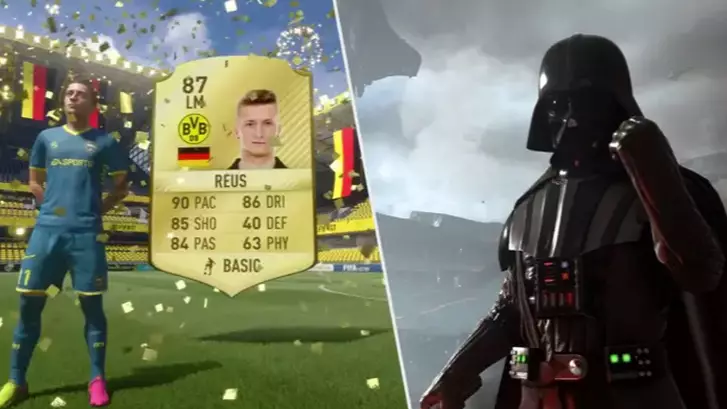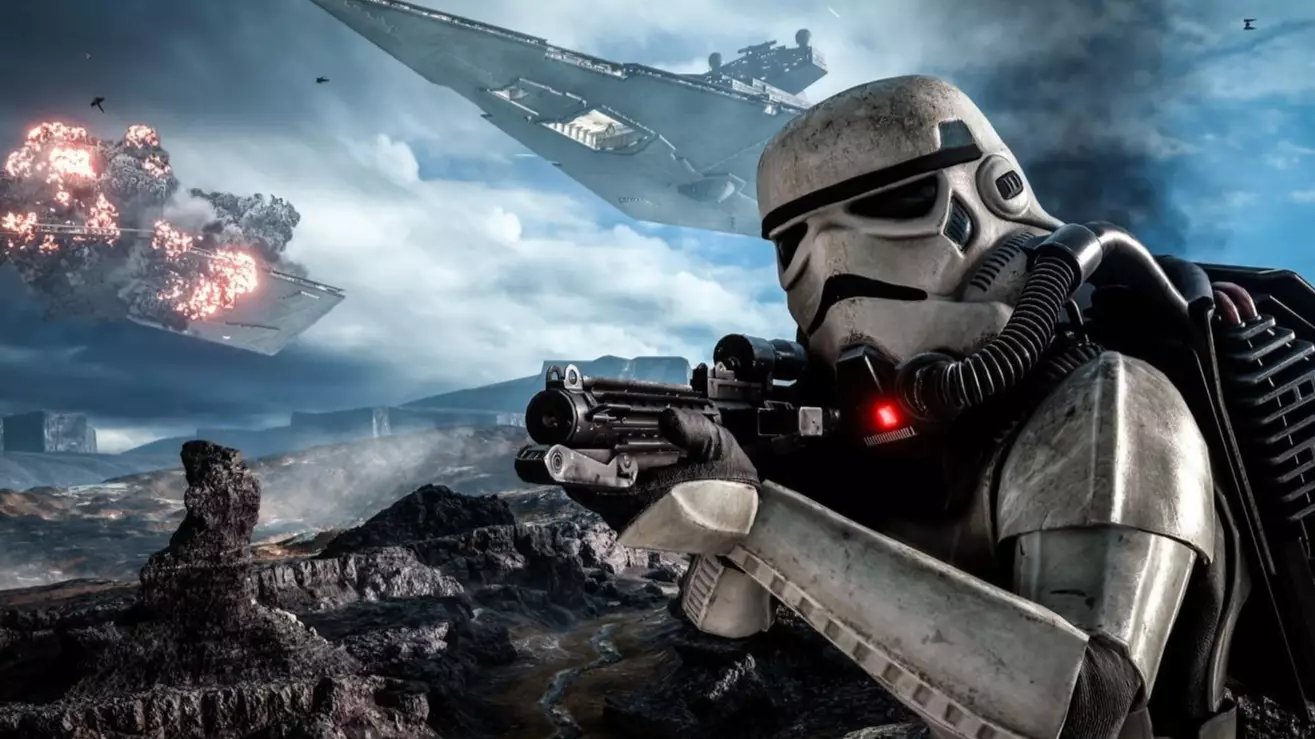
The Entertainment Software Rating Board (ESRB) in the US has announced a brand-new ratings description that's been designed specifically for games that contain loot boxes. It's a big step forward in the ongoing fight for greater transparency in video games with microtransactions.
As it stands, any games with microtransactions in them currently come with an ESRB description that confirms "In-Game Purchases. The ESRB is now going one step further, and will specify that a game "Includes Random Items", provided the game in question features purchases that have a random element to them.
For the most part this will obviously apply to loot boxes, but the description can be used for any other kind of randomised microtransaction that may arise in a game. The ESRB also added that it wouldn't use the words "loot box" in its description as there are folk "less familiar" with video games who don't understand the term.
"In-Game Purchases (Includes Random Items) will be assigned to all games that include purchases with any randomised elements, including loot boxes, gacha games, item or card packs, prize wheels, treasure chests, and more," the ESRB explained in its announcement. "Games that have the In-Game Purchases (Includes Random Items) notice may also include other non-randomised paid elements."
Advert
The "In-Game Purchases" tag was only introduced by the ESRB in 2018, thanks in no small part to the massive controversy that was kicked up around the release of Star Wars Battlefront II and EA's horrific handling of loot boxes. Since then, the ESRB says that numerous consumers have reached out to the organisation in an attempt to understand which games, specifically, have random elements in their microtransactions.

This comes as governments around the world have started to turn their attention to random purchases in games and whether they should be classed as gambling. Numerous studies here in the UK, including one published by the Mental Health Director of the NHS, have concluded that they should be.
While loot boxes have yet to be officially classes as gambling in most parts of the world, this new ratings description in the US should at least allow concerned consumers who do feel there is a link between random purchases and gambling habits to make their own, informed decisions when buying a game.
Featured Image Credit: EATopics: PC